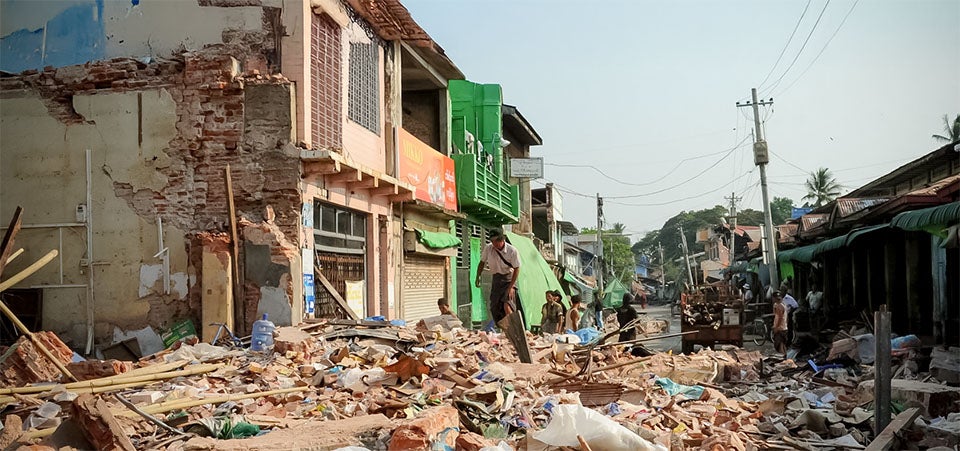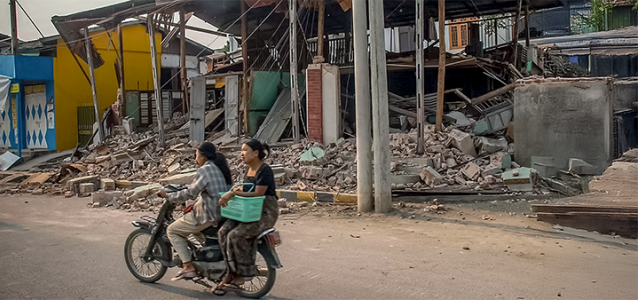
UN Women Myanmar
Myanmar is experiencing a protracted crisis, characterized by surging displacement and humanitarian needs. Ongoing conflict and natural disasters are driving new and worsening humanitarian needs on top of the continuing impact of the COVID-19 pandemic.
The crisis has significant gendered impacts, as women often bear the brunt of additional and more resource-heavy and time-consuming care work, increased food insecurity, and the risk of gender-based violence (GBV).
Despite the challenges, women-led civil society organizations in Myanmar continue to play a critical leadership role in promoting human rights and highlighting the gendered impacts of the ongoing crisis.
UN Women has been in Myanmar since 2013, working with an extensive network of women-led and women’s rights organizations to support vulnerable women and girls. Our work focuses on:
- Creating an enabling environment for gender equality.
- Supporting women to lead and participate in decision-making.
- Improving the protection of vulnerable women and girls and increasing respect for their human rights.
- Supporting women and girls to access, contribute to, and benefit from relief and recovery efforts.
In Focus: Myanmar Earthquake 2025
A strong earthquake of 7.7 M at a depth of 10 km struck Sagaing Region, central Myanmar, on 28 March at 12.50 local time. Sagaing hosts 1.3 million internally displaced persons (IDPs), a third of Myanmar's total. USGS PAGER estimates that up to 7,000 people faced violent shaking, while up to 10,190,000 experienced strong and very strong shaking. more on ReliefWeb
See Also:
- Infographics: Myanmar Earthquake: Gender Snapshot (As of 11 April 2025) | PDF (0.6 MB) | new
- Gender-impact flash update: Myanmar Earthquake #2 (As of 11 April 2025) | PDF (3.2 MB) | new
- Gender-impact flash update: Myanmar Earthquake #1 (As of 02 April 2025) | PDF (3.1 MB)
- ReliefWeb: Myanmar Earthquake Flash Update #1 (As of 29 March 2025) | PDF (0.4 MB)
- ReliefWeb: UN teams ramp up response to deadly quake in Myanmar and Thailand
- Statement by the Resident and Humanitarian Coordinator a.i. for Myanmar
Emergency in Myanmar: Women and Girls Need Your Help Now
Two devastating earthquakes have left thousands without homes or access to basic services. Your support can help deliver critical aid to the women and girls most at risk.
Donate today to help protect women and their families affected by the Myanmar earthquake.
Featured publications
Myanmar Earthquake: Gender Snapshot
This Gender Snapshot presents a one-page visual overview of the gendered impacts of the March 2025 earthquakes in Myanmar. Developed by the Gender in Humanitarian Action Working Group (GiHA WG), it reflects the findings of initial needs assessments and observations from GiHA WG members, including local women-led organisations ... more
Myanmar Earthquake: Gender-Impact Flash Update No. 2
The second Gender-Impact Flash Update provides an overview of the gender-specific impacts of the earthquake that struck Myanmar on 28 March 2025. Developed by the Gender in Humanitarian Action Working Group (GiHA WG), it reflects initial needs assessments and observations from GiHA WG members, including local women-led organisations ... more
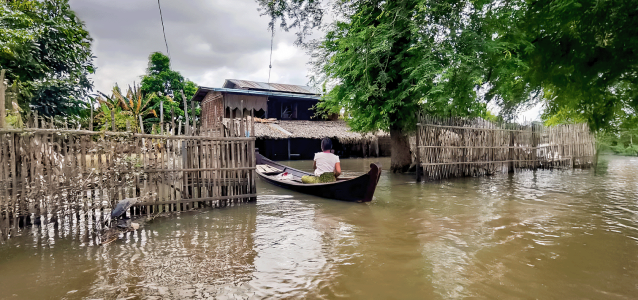
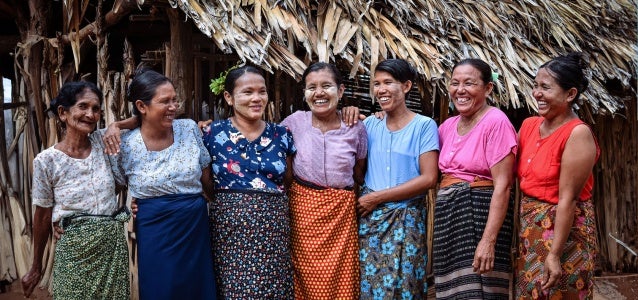

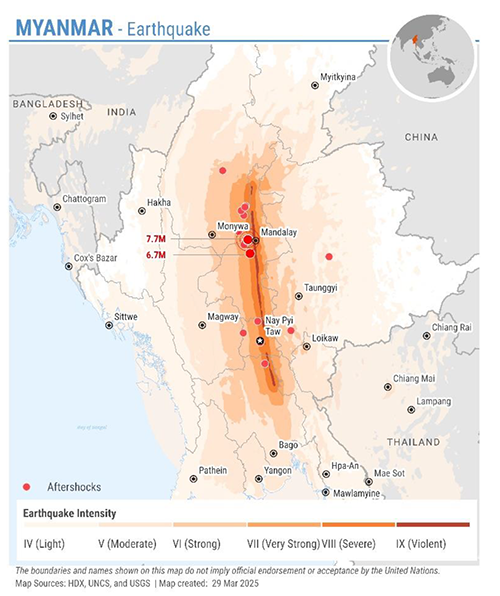
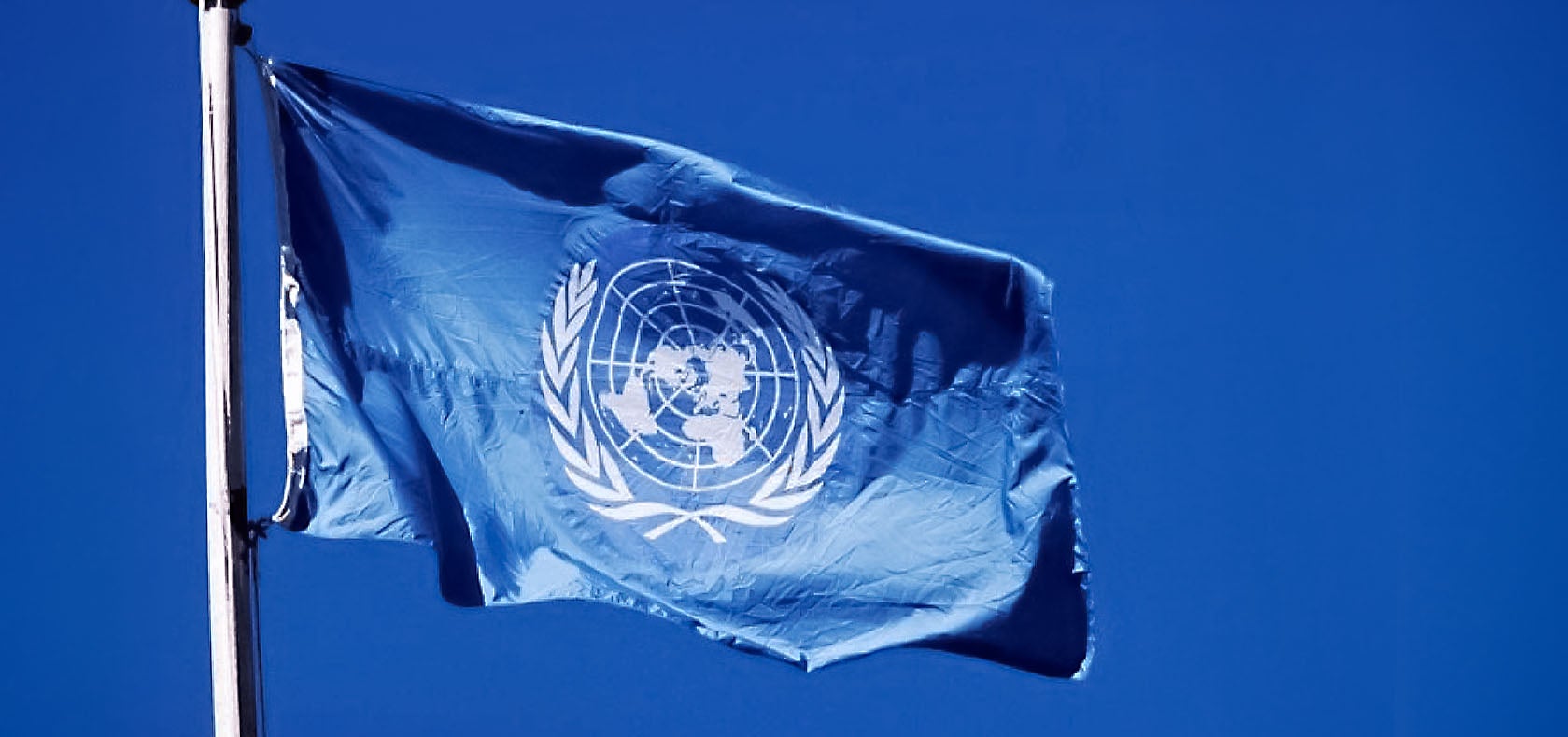
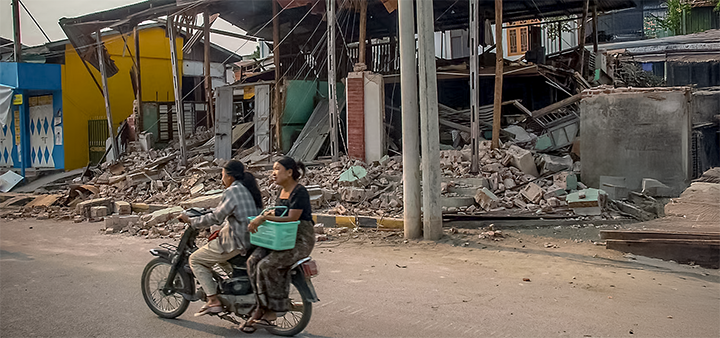
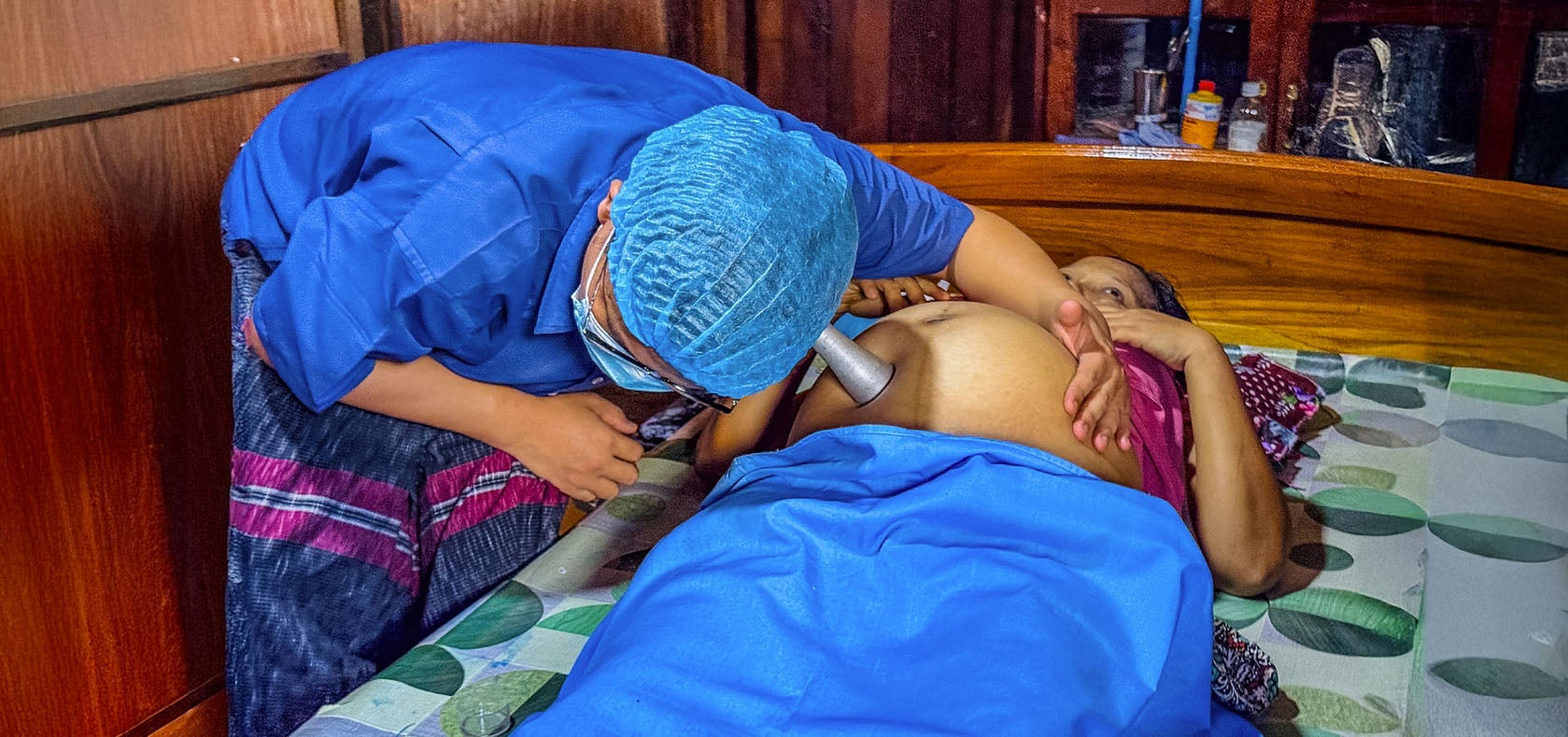
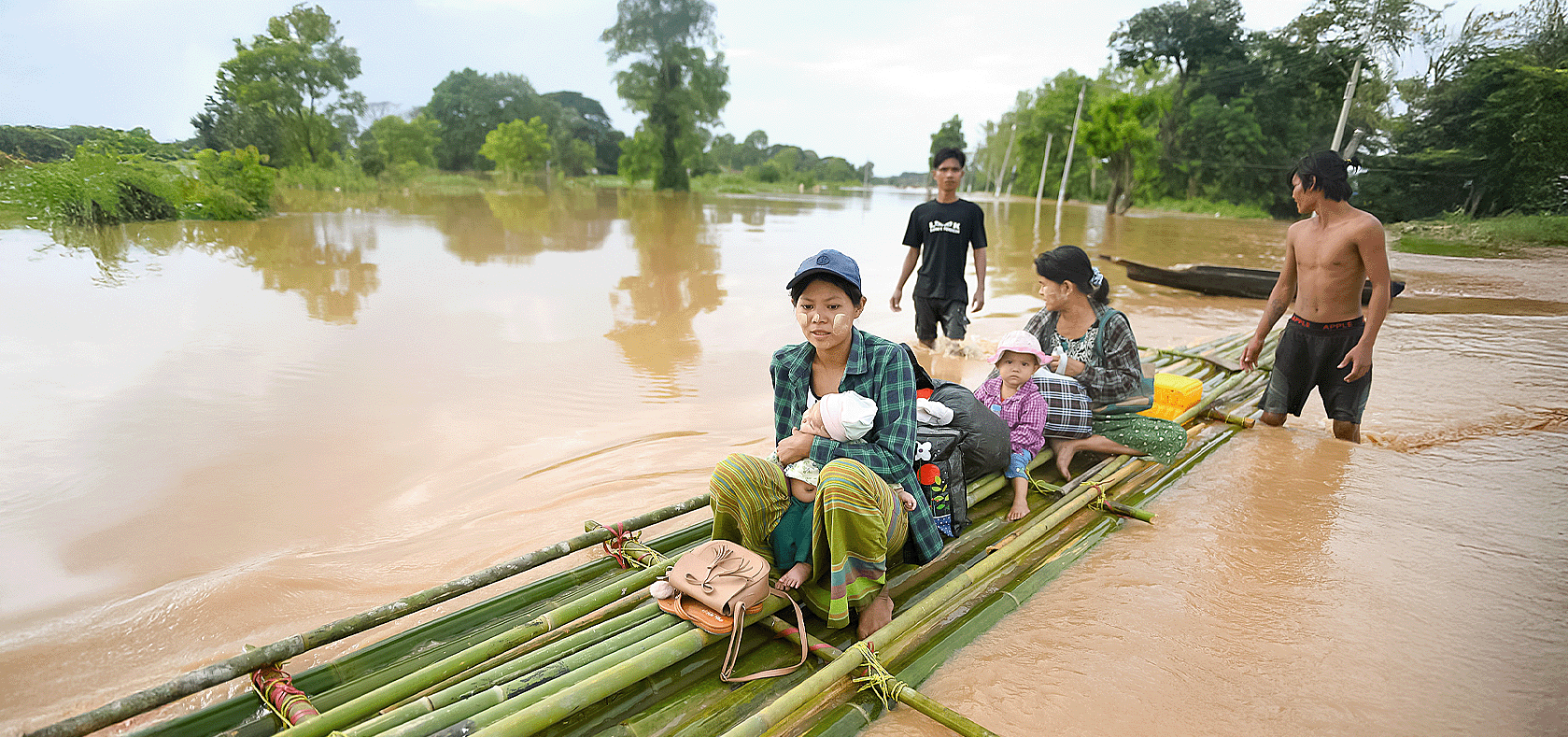
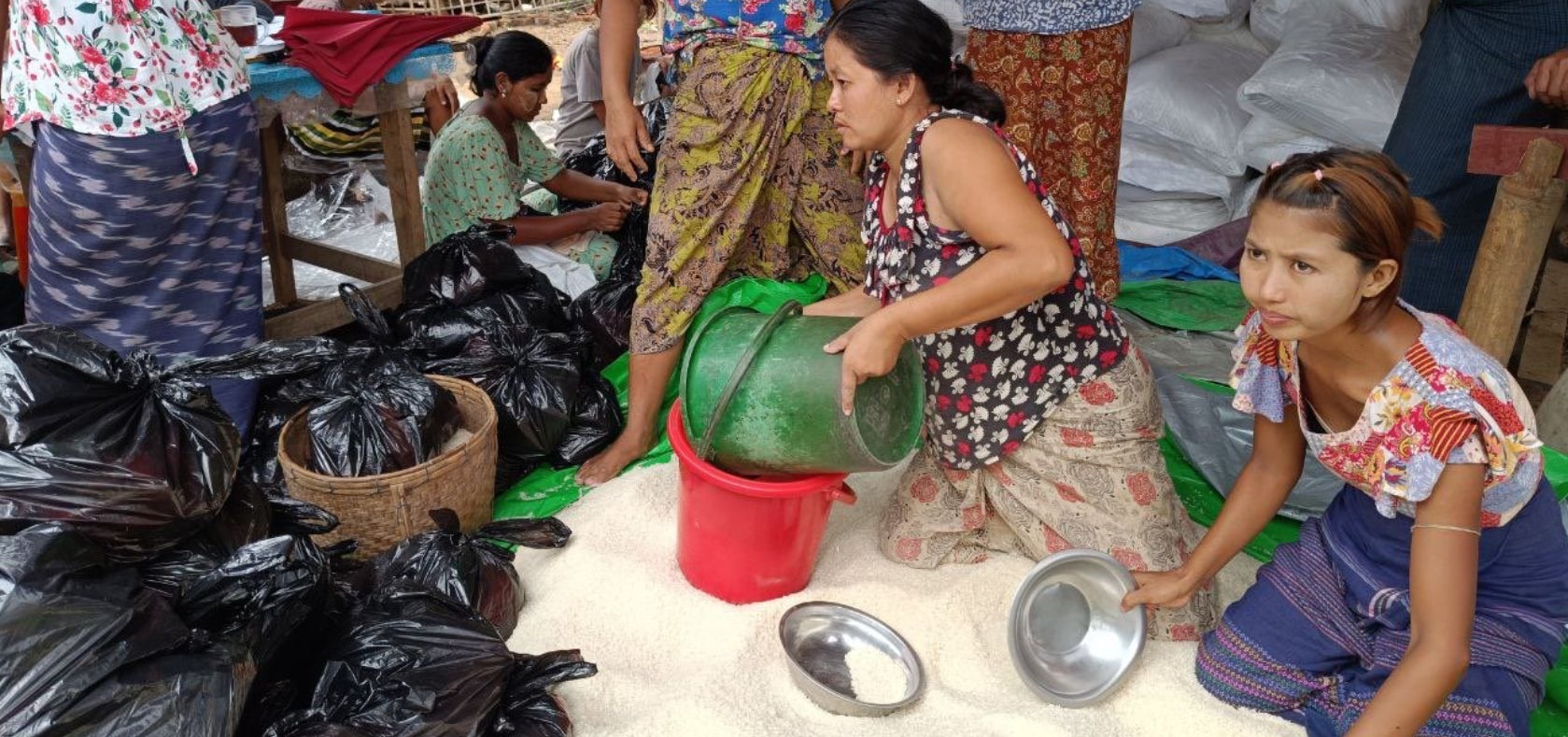
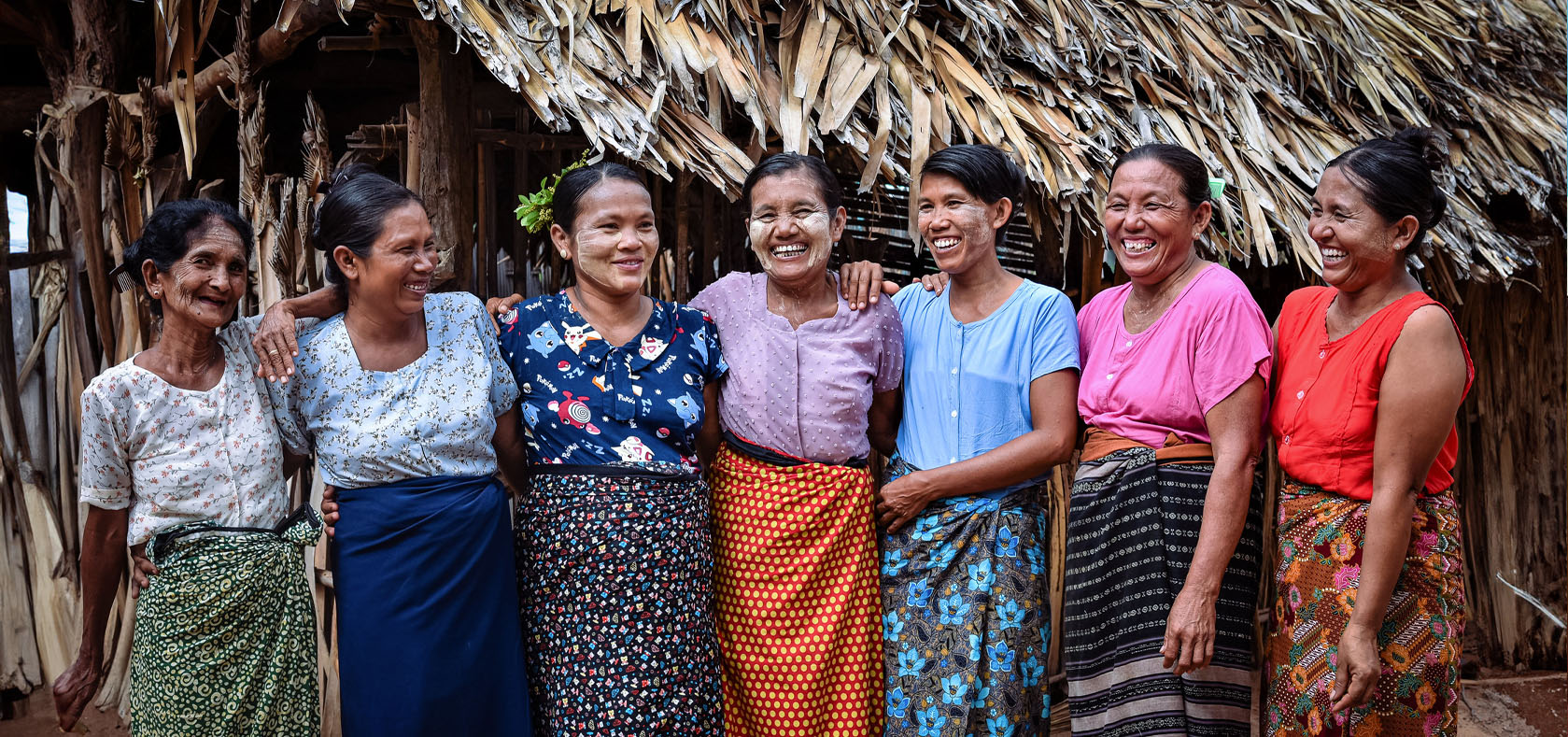
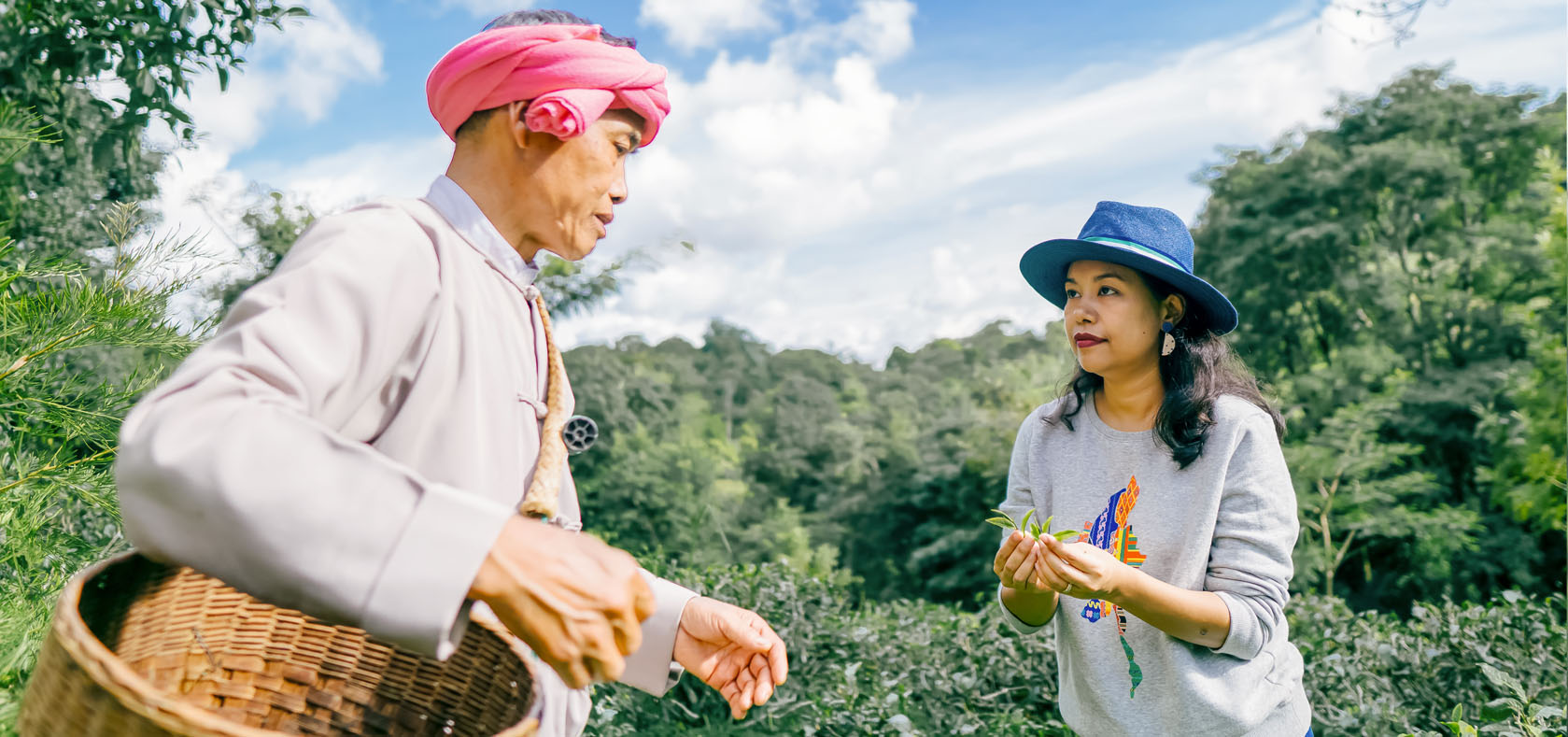
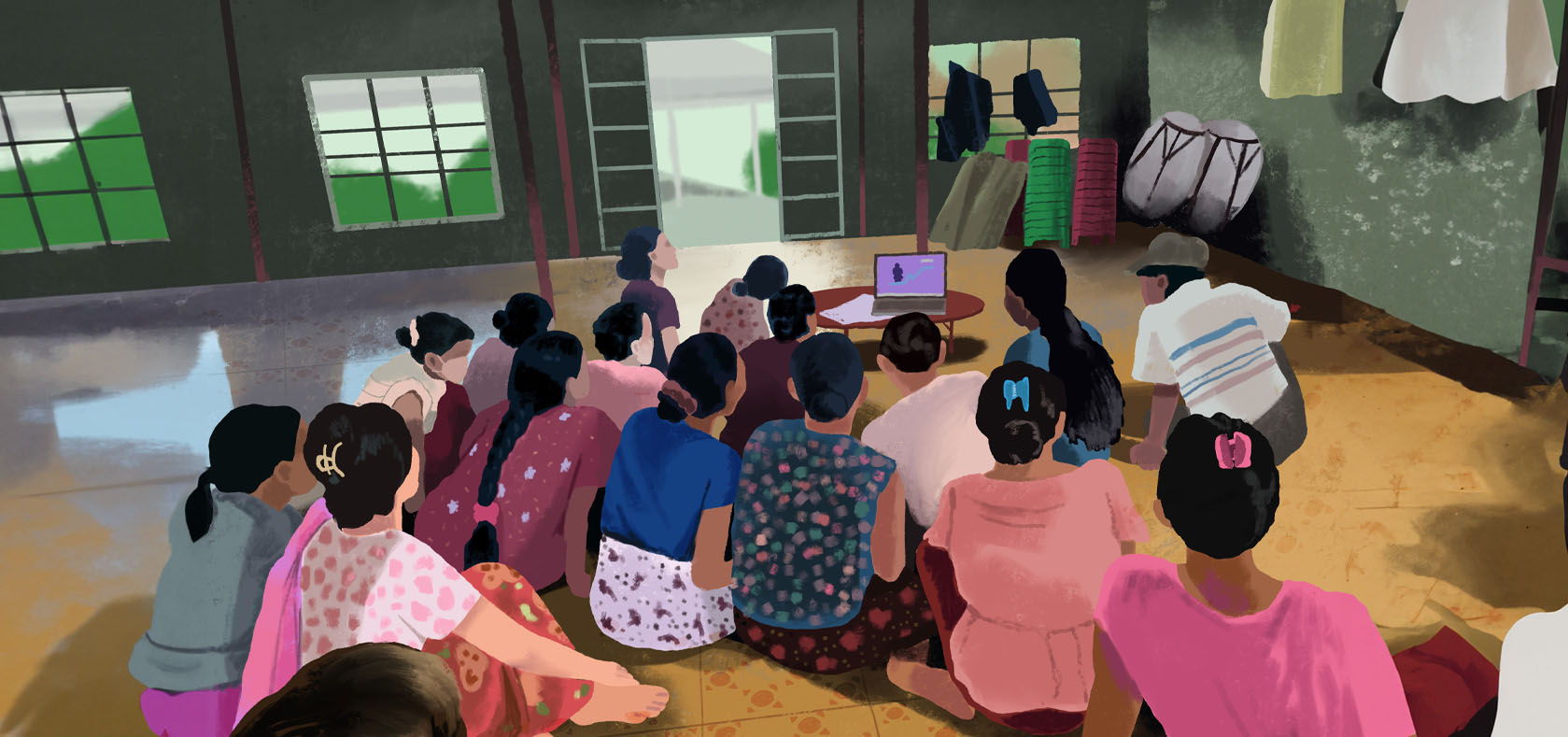
![[cover]](/sites/default/files/2025-04/mn-giha-wg-gender-impact-flash-update-1_myanmar-earthquake-960px.jpg?t=1743593654)
![[cover]](/sites/default/files/2025-04/mn-20250388119-myanmarearthquakegenderimpact-flash-update-2-1-960px.jpg?t=1744792890)
![[cover]](/sites/default/files/2025-04/mn-20250388119-myanmarearthquakegendersnapshot-01-960px.jpg?t=1744793729)
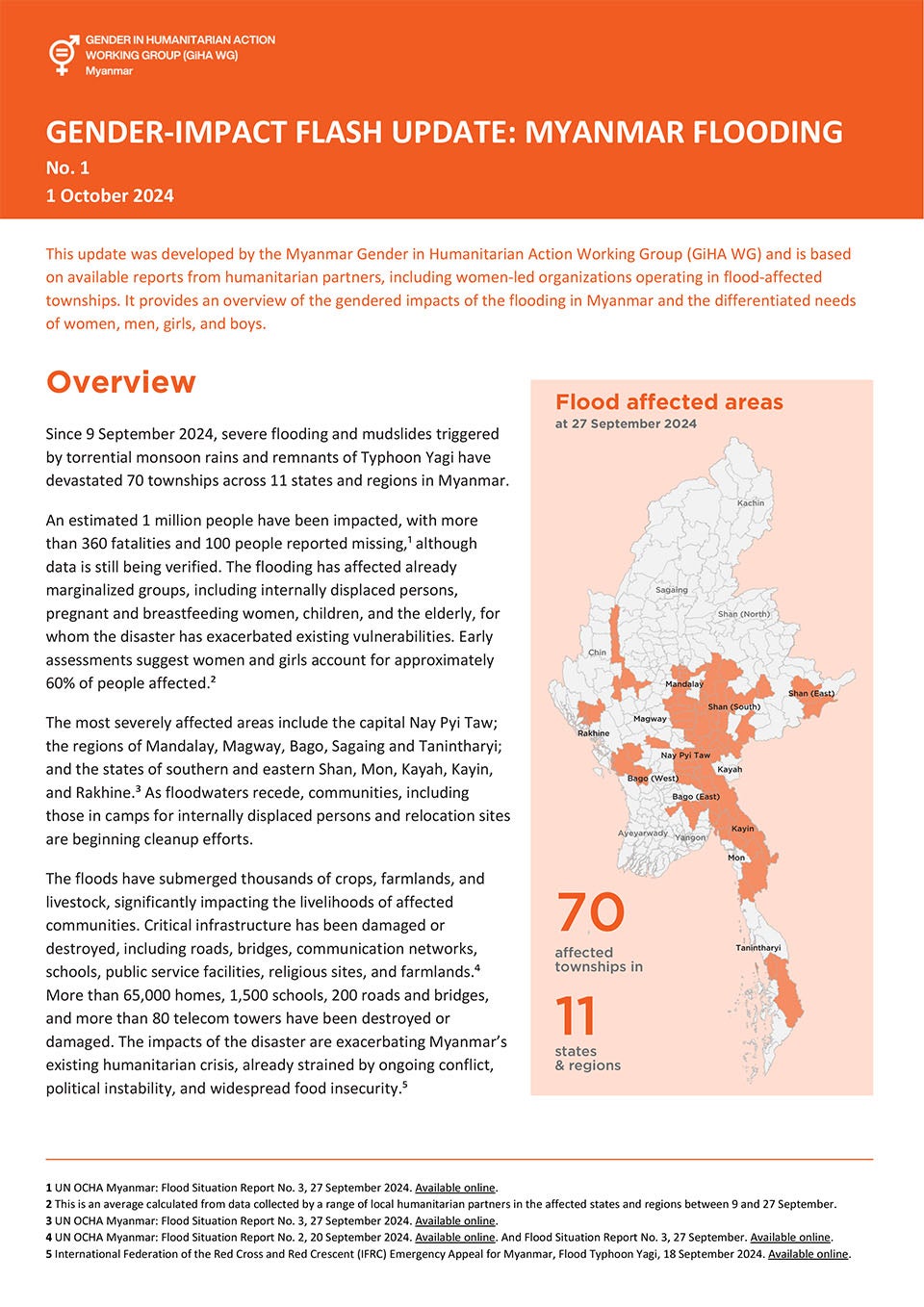
![[cover]](/sites/default/files/2024-11/mn-c1269-giha-gender-impact-flood-update-no-2_nov-2024-960px.jpg?t=1731035599)
![[cover]](/sites/default/files/2024-09/mn-c1109-myanmar-observational-gender-review-toolkit-675px.jpg?t=1725429760)
![[cover]](/sites/default/files/2024-09/mn-c1108-myanmar-giha-toolkit-2024-960px.jpg?t=1725429085)
![[cover]](/sites/default/files/2024-04/mn-unwomenmyanmar-202425-country-profile-960px.jpg?t=1712117098)
![[cover]](/sites/default/files/2024-04/mn-c825-myanmar-wps-brief2-cover-960px.jpg?t=1713940941)
